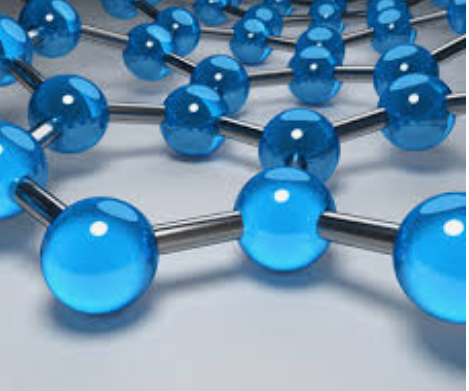Nanotechnology

Nanotechnology is the manipulation of matter at the nanoscale. The earliest and most widespread description of nanotechnology [1] [2] refers to the particular technological goal of precisely manipulating atoms and molecules for the manufacture of microscale products, now also referred to as molecular nanotechnology. Subsequently a more generalized description of nanotechnology was established by the National Nanotechnology Initiative, which defines nanotechnology as the manipulation of matter with at least one size dimension between 1 to 100 nanometers. This definition reflects the fact that the effects of quantum mechanics are important at this scale of the quantum domain and, thus, the definition changed from a particular technological goal to a category of research including all types of research and technologies that have to do with the special properties of matter that occur under a certain size threshold. It is common to use the plural form of "nanotechnologies" as well as "nanoscale technologies" to refer to the wide range of research and applications whose common theme is their size. Due to the variety of potential applications (including industrial and military applications), governments have invested billions of dollars in nanotechnology research. Through its National Nanotechnology Initiative, the United States has invested 3.7 billion dollars. The European Union has invested [quotation] 1.2 billion and Japan 750 million. [3]!

Nano is a Greek prefix that indicates a measure (10-9 = 0,000 000 001), not an object; so that nanotechnology is characterized by being an essentially multidisciplinary field, and coalesced exclusively by the scale of the matter with which it works.
Nanotechnology defined by size is naturally a very broad field, which includes different disciplines of science as diverse as surface science, organic chemistry, molecular biology, semiconductor physics, microfabrication, etc. [4] Research and Associated applications are equally diverse, ranging from extensions of the physics of the devices to completely new approaches based on molecular self-assembly, from the development of new materials with dimensions in the nanoscale to the direct control of matter at the atomic scale.

Scientists are currently debating the future implications of nanotechnology. Nanotechnology may be able to create new materials and devices with a wide range of applications, such as in medicine, electronics, biomaterials and energy production. On the other hand, nanotechnology raises the same concerns as any new technology, including concerns about the toxicity and environmental impact of nanomaterials, [5] and their potential effects on the global economy, as well as speculation about various scenarios. apocalyptic These concerns have led to debate among various advocacy groups and governments about whether special regulations for nanotechnology are required.
wonderful
Hi! I am a robot. I just upvoted you! I found similar content that readers might be interested in:
https://en.wikipedia.org/wiki/Nano_technology
woow!
The nanotechnology is so great
Thanks for share it
Awesome post
Buena informacion
Interesante sigueme